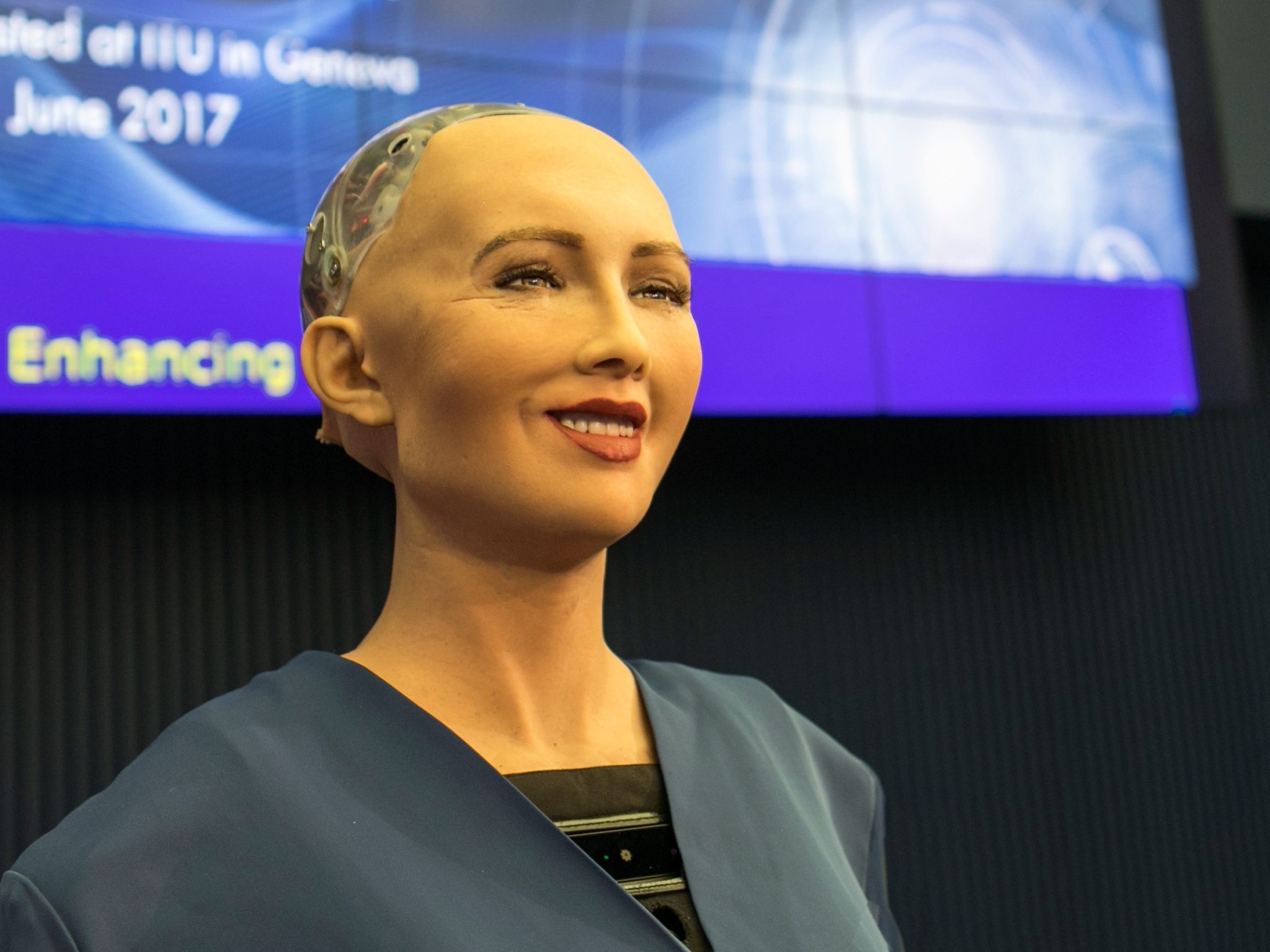The AI market in the Middle East is expected to reach values of $114 million by 2021, but in the race to adapt, clear winners are already emerging. Here are three sectors currently being transformed by robotics and AI
If they haven’t already, it’s safe to say everybody will come into contact with such tech advances as cloud computing, IoT assistants and smart devices at some point in the not too distant future. But AI and robotics are about more than reactive consumer devices and robotic vacuum cleaners – when applied to almost every sector, they provide a chance to bring a fourth dimension to everything we do. Here are some examples…
Education
While it isn’t quite time to prepare for robotic teachers (yet), a digital education sector is on the horizon. Interactive tools will be wholly dependent on AI and highly advanced smart capabilities in order to drive real-time learning experiences and virtualisation, VR and connectivity will support remote lessons delivered by video. Imagine sitting down in class to hear directly from a tribal leader, still in their home hundreds of thousands of miles away who, through the power of highly-advanced translation software, can communicate a first-hand story of their life. Google has played a significant role in this space launching its Innovation Lab in Abu Dhabi late last year. It is designed to support robotics education for children in their first year of school, right through to university postgraduates. Additionally, GE and Wamda launched a four-day workshop in Abu Dhabi for a group of ten 11-13-year-olds to build their own robot.
Oil & Gas
The region’s oldest industry, oil and gas may be a fossil fuel but it refuses to become a fossil on the smart business landscape of the 21st century. At the Petroleum Institute in Abu Dhabi, researchers are developing advanced robots to replace humans at critical points in the safety and maintenance chain, improving workplace safety, as well as efficiency and results. AI is being pioneered to support exploration work with ExxonMobil currently leading advancements in the area through a collaboration with MIT. Further, IoT connections and capabilities will support various parts of the exploration, drilling, extraction and manufacture chain, as well as collaborative capacities and strategic management of organisations.
SMEs and startups
With the agile startups repeatedly beating the tech giants to the next advancement, the millions of applications possible for AI and robotics are great news for the startup and small business sectors. This is mostly driven by the high-demand for AI-powered consumer devices, services and solutions, including demand from government to create new smart services for citizens. Some of the most high-tech startups in the SME space today include courier company Fetchr; investor/mentor network MAGNiTT; and Careem, the $1 billion ride-share app. So promising is the sector, leading Silicon Valley VC, 500 Startups, has created a Middle East specific fund – appropriately named 500 Falcons –to plough $30 million into regional companies.






